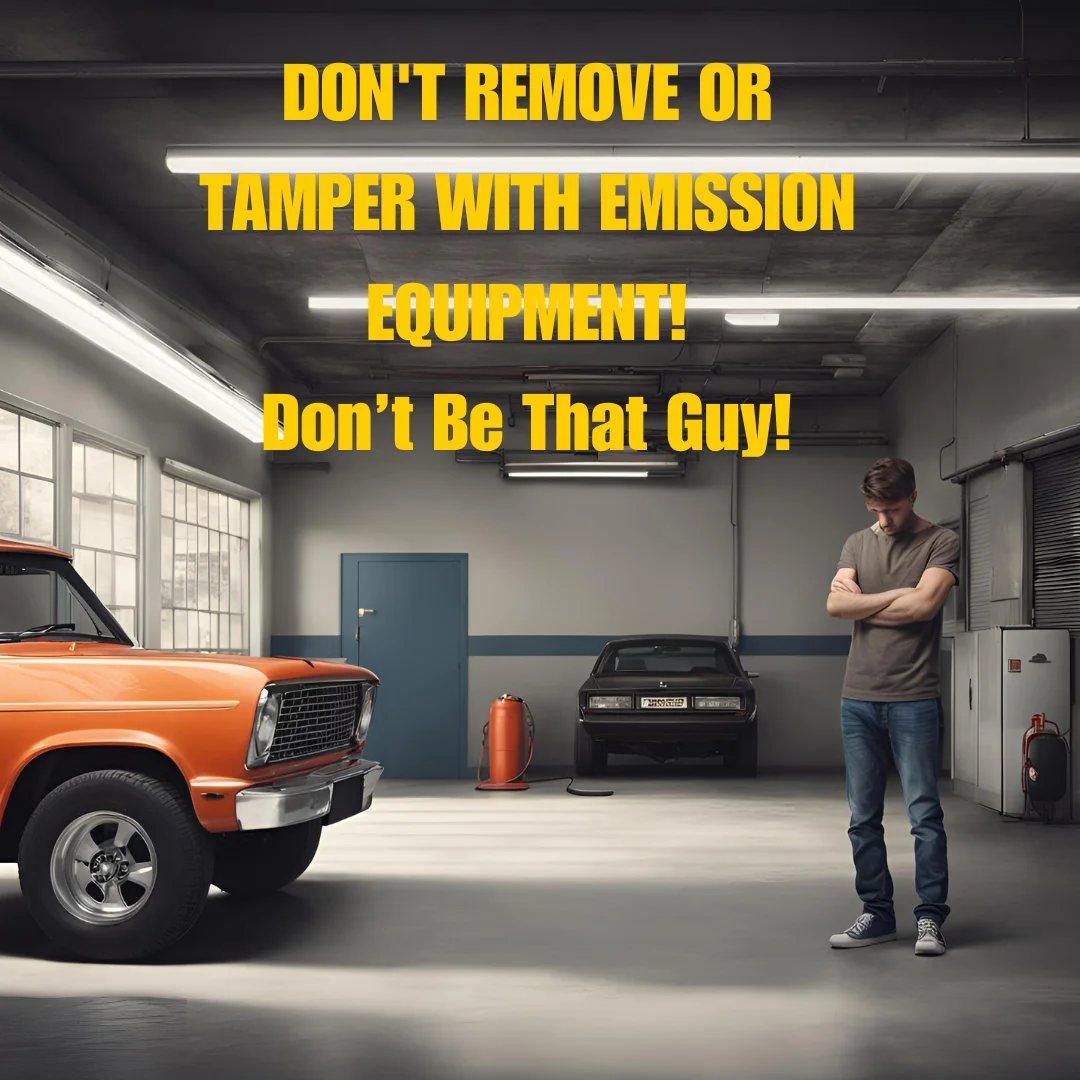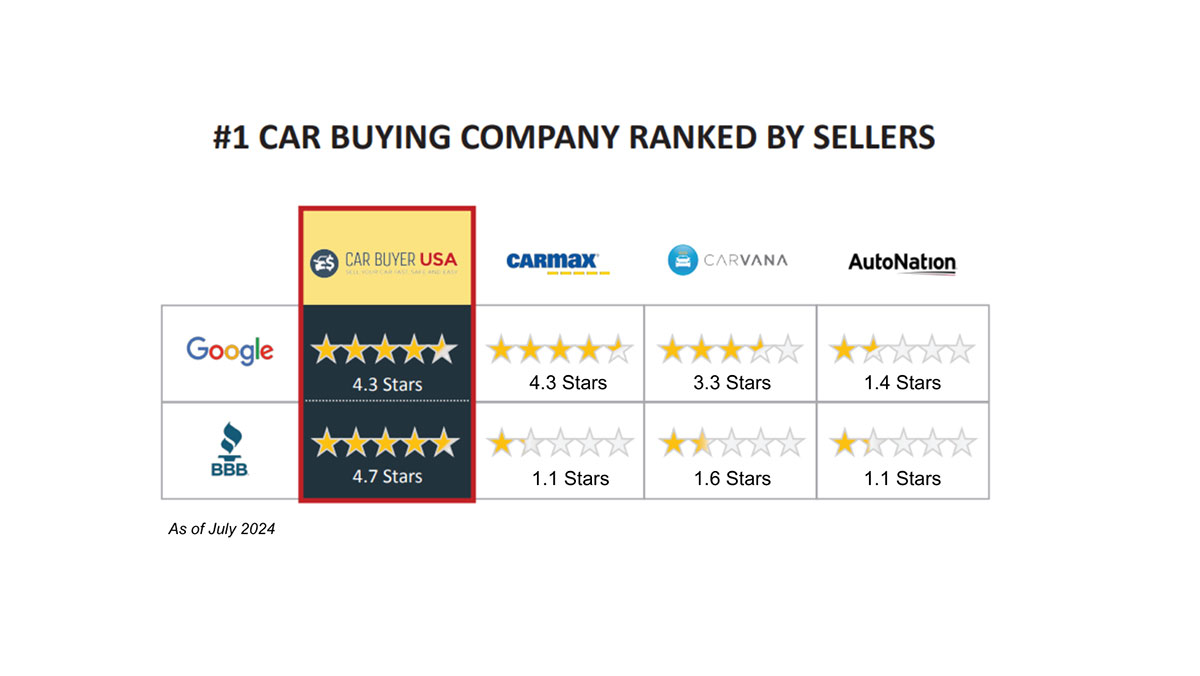
That would be a hard and definite YES! Removing or tampering with emissions equipment is generally illegal in all states in the United States. The Clean Air Act, a federal law, prohibits the tampering, removal, or alteration of emissions control devices on vehicles. Altering or removing emissions equipment from a vehicle can have significant repercussions, both for the environment and for the vehicle itself. Emissions equipment, such as catalytic converters and diesel particulate filters, is designed to reduce harmful pollutants emitted by vehicles, including carbon monoxide, nitrogen oxides, and particulate matter.
Removing or tampering with this equipment can lead to increased emissions of these pollutants, contributing to air pollution and environmental degradation. This is particularly concerning in urban areas, where vehicle emissions are a major contributor to poor air quality and public health issues like respiratory problems. From a legal standpoint, tampering with emissions equipment is often a violation of environmental regulations and can result in fines or penalties. Many jurisdictions require vehicles to pass emissions tests, and modifications that affect emissions can cause a vehicle to fail these tests, rendering it illegal to drive on public roads. Moreover, altering emissions equipment can also have negative consequences for the vehicle itself. Modern vehicles are designed to operate with specific emissions systems in place, and removing or modifying these systems can lead to engine performance issues, decreased fuel efficiency, and increased wear and tear on engine components. This can result in costly repairs and a shorter lifespan for the vehicle. Modifying emission equipment for performance or other reasons can significantly reduce the value of a vehicle. Such alterations often void warranties and can make it harder to pass emissions tests, limiting where the vehicle can be driven legally. Additionally, buyers may perceive modified vehicles as less reliable or more prone to mechanical issues, further reducing their value in the resale market.
In areas where emissions testing is mandatory, a vehicle typically must pass an emissions inspection before it can be registered. If a check engine light is on or if emissions equipment, such as catalytic converters, has been removed or tampered with, the vehicle will likely fail the emissions test. However, some counties or states may allow registration with these issues if certain criteria are met, such as providing proof of repairs or paying additional fees. These exceptions are usually temporary and intended to allow owners to bring their vehicles into compliance.
All this information is very important! HOWEVER, we wouldn’t be legit if we didn’t say that your performance car or truck doesn’t actually sound a lot better, perform better and even look better with high quality performance exhaust mods installed by a franchised dealership. There is a HUGE BUT coming...THEY MUST BE LEGAL! If the check engine light is on or defeated with a software upgrade, it will still hurt the value because the franchised dealer cannot retail that vehicle as-is and will have to restore the original equipment.
Car Buyer USA’s advice is:
- Keep all OEM equipment
- Install CAT-back only performance parts
- Be cautious of software upgrades that change emissions; they WILL nullify the factory warranty.
If there's any doubt to the wisdom we choose to share on this topic please consult with your local franchised dealer in-person before you spend your hard-earned money on exhaust systems.


